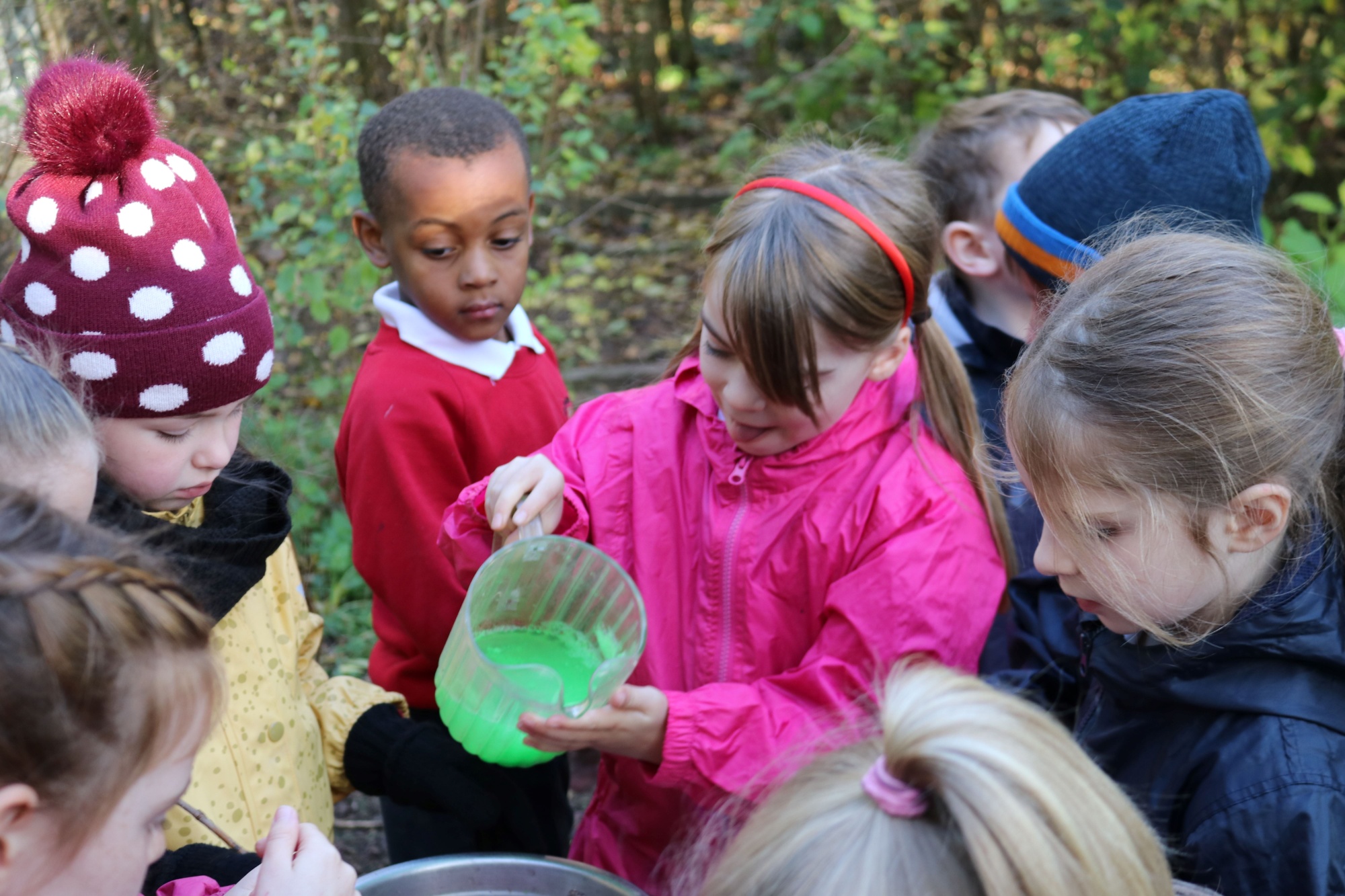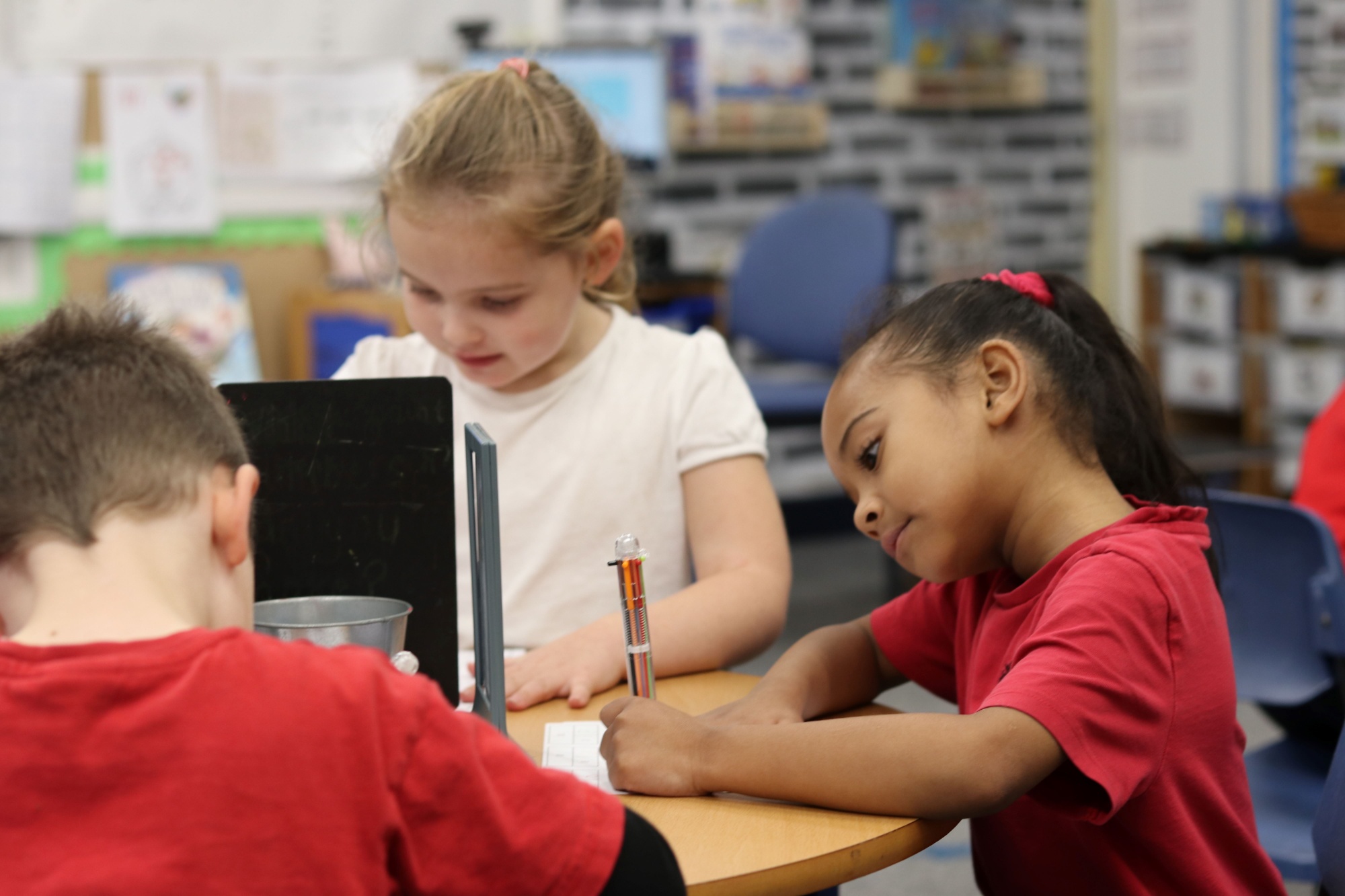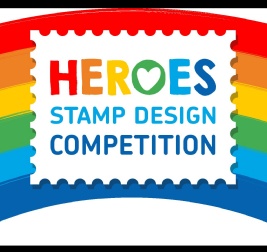Science at DPS
We have recently held a ‘Science Elevation Group’. This meeting looked at what the children thought of their learning in Science.
At Deanshanger Primary School, the children have access to a wide and broad science curriculum through their year group IPC (International Primary Curriculum) units, various whole school learning events (assemblies and celebration events) and displays. Throughout the school, we have science displays in each classroom, a brand new outdoor area ‘The Science Lab’ and a plethora of resources specifically for scientific investigations housed in this area's storage unit.
During the Science Elevation Group, we looked at each year group one at a time, starting with Year One (an EYFS observation was undertaken separately to gain information from those children). Initially, the children shared what they thought science learning was. The children then shared 'science' work in their books, identifying pieces of work that demonstrated their learning in science lessons. It was a rich and valuable experience to see all the wonderful learning that takes place throughout the school through IPC units, such as, Flowers and Insects, Chocolate, How Humans Work and Space Explorers.
For the next part of the meeting, we asked the children some knowledge-based questions from National Curriculum statements to ensure the children had secure knowledge of each aspect of science for their year group. The children were asked questions relating to animals including humans, plants, materials, seasonal changes, living things and their habitats, rocks, light, forces, states of matter, sound, electricity and evolution and inheritance. We were all so impressed by the knowledge of the children who were all able to share their learning with the rest of the group. This demonstrated that the children had very good understanding of scientific concepts and were able to recall the learning that had taken place during their IPC units.
For the final part of the meeting, we had the children look at some objects which could be used during scientific investigations. This helped us to ascertain what skills the children had gained through working scientifically, which is the second main strand of the science national curriculum. The children were asked to identify; a magnifying glass, a thermometer, a stethoscope, a mirror, a beaker of water, a pipette, a table, a graph, a bug pot and a wire as well as explain what they may be used for. As we moved through the year groups we could see a clear progression in the types of enquiry the children were undertaking as each year group identified more objects, and their uses, than the last. There were many strengths such as understanding and working scientifically. As always, there are things that we need to work on a little more. In this instance, ensuring that children are aware of the correct terminology and increased awareness of how to record their findings when working scientifically.
As always, please support your child/children with their science learning at home. This could be through reading magazines, TV programmes, visiting local or national places of interest/museums such as The National Space Centre or The Natural History Museum as well as discussing IPC work that the children are learning at school.
Please see below for the science section of the primary National Curriculum:



.jpg)
.jpg)
.jpg)

.jpg)



.jpg)



